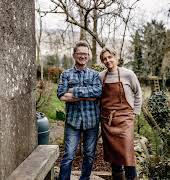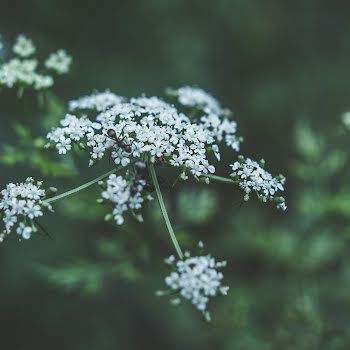
By Amanda Cassidy
04th Apr 2021
04th Apr 2021
The Covid endgame is in sight. But the goalposts haven't settled just yet, writes Amanda Cassidy
Is Coronavirus over? My six-year-old wonders as I tuck her into bed in a strange land. We are riding out the pandemic in a place we feel safer. But it isn’t home and we don’t know when it will feel safe to return. Our confidence is lost in those who lead, while an ever-evolving virus enjoys the insecurity that brings.
I’d like to think like her, my small daughter, that things have clean lines in the sand – The Before and The After when it comes to the pandemic. But the pesky realist in me understands that there is a murky few months ahead before we can properly breathe easy again.
Scientists agree.
While most vaccines are effective against the current variants, researchers are increasingly concerned about other variants that have inevitably popped up while we are faffing over supplies, queue-jumping, and political posturing.
Future iterations of the virus may be more immune to the virus response.
Evolution
One in particular worries virologists – the E484K mutation or Eek as some have referred to it. This mutation has evolved independently in many variants globally. This suggests it gives the virus a powerful survival advantage.
In other words, future iterations of the virus may be more immune to the virus response. This will mean frequent boosters or seasonal vaccines. We all might require three rounds of jabs instead of two to ensure we have the best possible protection against any mutations that might lurk.
While there are pockets of the world that remain unvaccinated, it gives the pathogen the space to evolve into a more threatening thing.
The problem is that the virus seems to constantly change, making it harder for us to suppress.
It is easy to feel like the end is nigh – in the sense that the end of the pandemic is in sight rather than the demise of humanity (although at 4am the latter usually wins in my head)
But the date that restrictions are lifted isn’t a signal that the pandemic is over. The date we are vaccinated doesn’t signal the end either, unfortunately. While there are pockets of the world that remain unvaccinated, it gives the pathogen the space to evolve into a more threatening thing.
Eek
Vaccinations must speed up. This week in the New York Times, Dr Rochelle Walensky, director of the Centers for Disease Control and Prevention pleaded with the US to continue to practice masking and social distancing saying she felt a “sense of impending doom”.
A variant is of concern only if it is more contagious, causes more severe illness or blunts the immune system – the variants in the UK, South Africa, and Brazil all fit these criteria.
Worryingly, the Japanese public broadcaster NHK yesterday reported that 70% of all coronavirus patients tested at a Tokyo hospital carried the Eek mutation which is known to reduce vaccine protection. Japan is grappling with a COVID-19 resurgence ahead of the summer Olympics scheduled to begin in July, with large-scale vaccinations of the general population yet to begin.
P1
Meanwhile, Brazil is in real trouble with its entire health system on the brink of collapse. Brazil recorded 18,164 deaths last week, bringing its total to more than 300,000, a higher toll than any other country except the US. Many of the country’s intensive care units have reached capacity.
Information from hospital admissions suggests the virus is hitting more younger people with the P1 variant to blame. It’s believed that its mutations help it evade antibodies from previous infections or from vaccination, and thus may be able to reinfect people who have already been infected.
We are dealing with different beasts than we were a year ago. So contagious was the UK variant that when it hit Ireland, infections were only driven down after over 100 days of strict level five lockdown – even alongside our vaccinations programme. Numbers have still stubbornly plateaued.
This same variant wave is what is responsible for the current rise in cases across Europe.
Innovation
Now it is a race against time – a sprint between the virologists and the virus, the vaccines, and the variants. According to Jesse Bloom, an evolutionary biologist, the E484K will continue to be a concern for the next year or two.
But as well as the vaccine, we must invest heavily in public health because pandemics end when the health care system is no longer threatened. This is what the government must focus on. There has been enough distractions with the Beacon hospital scandal, the hotel quarantine fiasco… the treating of the nation like infants.
We will have to live with Covid for years to come, not survive alongside Covid – the sooner we all get to grips with that the better.
All great change is preceded with chaos said, Deepak Chopra. It’s time now for The Pandemic, Act 2.























